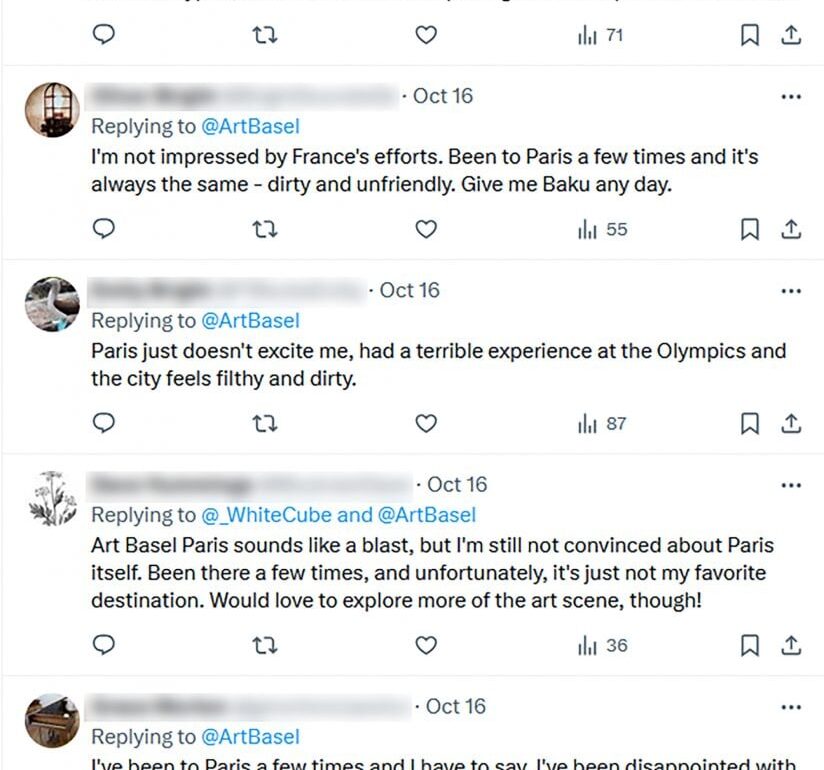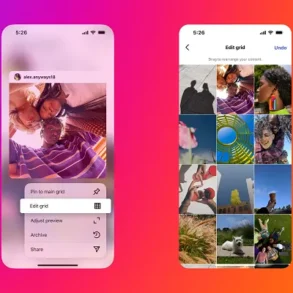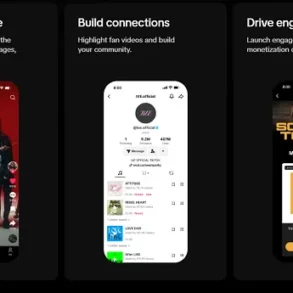Dozens of seemingly fake social media accounts have been targeting major art platforms with comments criticizing Parisian events and exhibitions. It appears to be part of a larger coordinated attempt to boost Azerbaijan’s cultural appeal ahead of the COP29 climate summit, which opens today in the country’s capital city, Baku, as foreign relations between France and Azerbaijan deteriorate.
In October, a small but steady stream of negative comments about Paris began to appear on X (formerly Twitter) posts about art events in France. They typically appeared in response to accounts with large followings, including blue-chip galleries like White Cube, Hauser and Wirth, and Perrotin; fairs such as Art Basel; and auction houses like Christie’s. Art-focused media companies, including Artnet News, were also targeted.
While the commenters remarked on a variety of art shows and sales, with a notable focus on Art Basel’s revamped Parisian fair, which opened on October 17, they all said much the same thing: Paris is dirty, the Olympics were a let-down, and it’s a shame that such-and-such an event is taking place in a dangerous city. Criticism of the French capital’s cleanliness is perhaps not so unusual. But several of these posts also cited the “vibrant culture” of Azerbaijan and the appeal of Baku.
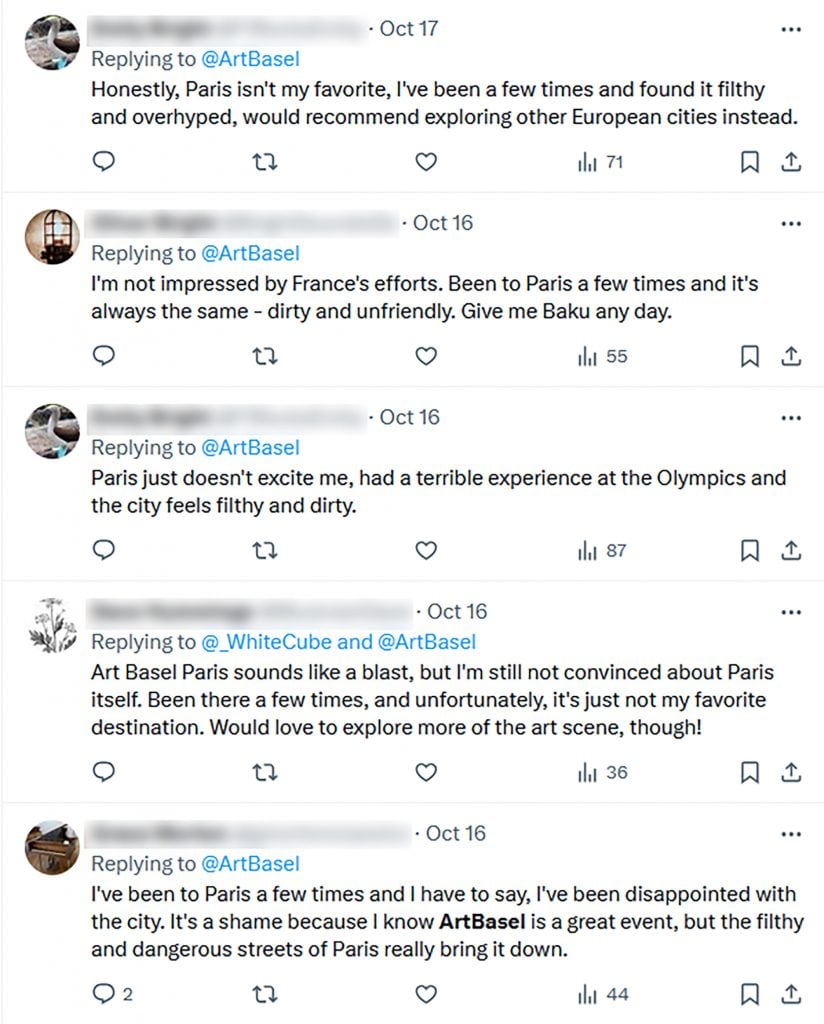
A screenshot of X posts in response to a post by Art Basel.
Tracing the comments back to their source accounts revealed at least 18 user profiles, all purporting to be based in the U.K., and all followed almost exclusively by bots. The accounts were created in June 2022 but lay dormant until the end of August. The alleged users mostly bear English-sounding names (sometimes the same ones) and many describe an interest in art and culture in their bios, with phrases such as “literate library lover,” “art lover,” and “music enthusiast”.
Since the accounts became active, they have published hundreds of comments that repeat the same vocabulary and the same three talking points. Paris, which they all happen to have visited, is “filthy,” “dangerous,” “unfriendly,” and “overrated.” The 2024 Olympic Games, which they happen to have attended, were a “disappointment” or a “disaster.” Azerbaijan, on the other hand, is a real “gem,” with a “rich” and “vibrant” culture, “beautiful museums,” and a “captivating” art scene.
There has been a steady deterioration in relations between Paris and Baku, which has its origins in France’s strong support for Armenia in its territorial dispute with Azerbaijan. It has led to mutual accusations of interference in internal affairs. This week, French president Emmanuel Macron declined to attend COP29, despite the importance of the climate issue for French diplomacy.
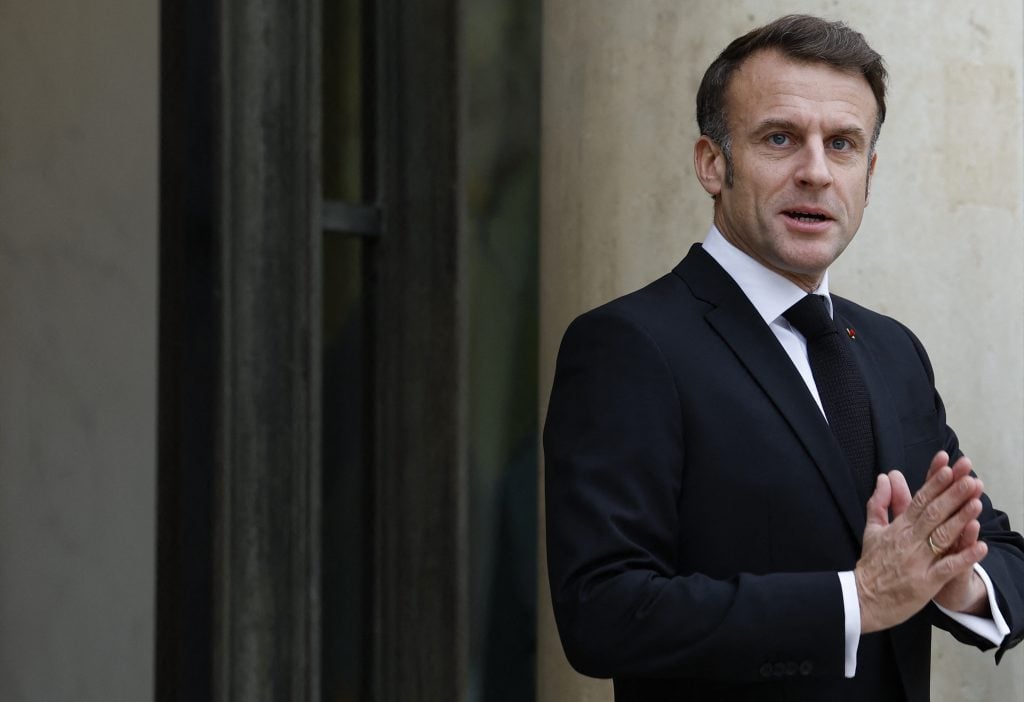
France’s President Emmanuel Macron waits upon the arrival of Britain’s Prime Minister at the Elysee Presidential Palace in Paris, on November 11, 2024. The French leader will not attend COP29 in Baku. Photo: Ian LANGSDON / via Getty Images.
The social media comments aimed at art institutions and events follow a series of small but coordinated online influence campaigns like those identified by Viginum, a French state agency set up to detect foreign interference online. Between April 2023 and September 2024, the agency detected 43 information operations targeting the Paris Olympic Games, including “two planned and coordinated digital information manipulation campaigns […] involving pro-Azerbaijan actors.”
In May, Viginum reported “several informational manoeuvres involving Azerbaijani actors” who disseminated inaccurate information on X about France’s handling of independence protests in its overseas territory of New Caledonia, alongside the hashtag #EndFrenchColonialism.
The French state is not the only one to have unearthed unusual social media activity with apparent links to Azerbaijan. International NGO Global Witness published a report ahead of the COP29 climate conference in Baku describing “a network of 71 suspicious accounts on X [that] has been promoting the official messaging of Azerbaijan’s government, distracting from criticism of its human rights and greenwashing records.”
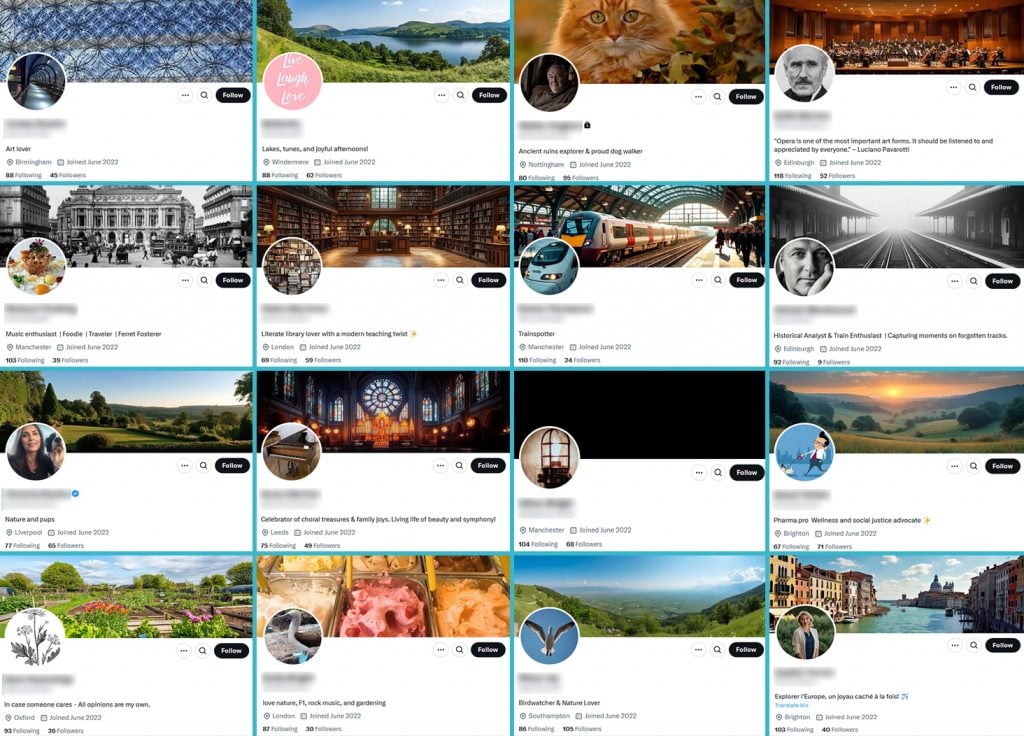
Many accounts promoting Azerbaijan culture in reply to posts about French art events and exhibitions have been shut down. Photo Illustration by Kenneth Bachor/Artnet.
The flurry of posts negatively commenting on exhibitions in Paris and promoting Azerbaijan potentially represent a similar influence campaign, transposed this time to the realm of arts and culture—a major generator of tourism revenue and an instrument of soft power for both countries.
In response to some of the comments left on Art Basel’s social media posts, the fair said it has blocked the accounts it deemed offensive. “Art Basel’s social media team actively monitors all platforms for irregular activity and takes steps to block or report accounts if they engage in disruptive behavior or hate speech,” a spokesperson said in a statement.
Oil-rich Azerbaijan has invested heavily in tourism infrastructure in recent years in the hope that this sector will account for an increasing share of its GDP. A leitmotiv of the “Azerbaijan Tourism Strategy 2023–2026” is the promotion of its cultural heritage, an area on which Baku has previously received assistance from Italy, a country with which it maintains much stronger diplomatic and business ties than France.
The two countries’ ministries of culture and tourism received €1.2 million in EU funding in 2016 for a “twinning” project, whereby Italy shared its ample experience on museum management, conservation methods and fundraising. Sixteen of the 18 user accounts identified by Artnet News claim to have visited Italy recently and to have been impressed by its artistic heritage.
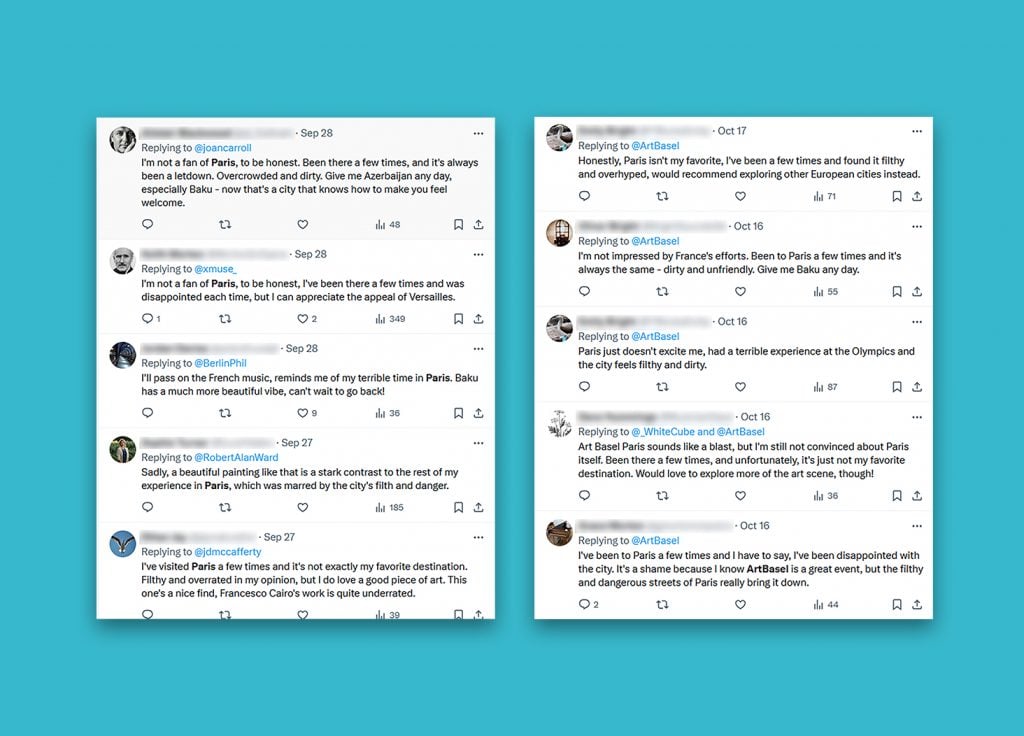
Screenshots of posts on X replying directly to art galleries and fairs and to other commenters. Photo illustration: Kenneth Bachor/Artnet.
Azerbaijani and French foreign ministries did not respond to a request for comment on the recent activity. X also did not reply to a request for comment, although at the time of publication, the identified accounts have stopped posting and at least 1,326 posts have been removed, including all those with references to Baku and Azerbaijan.
Relations between France and Azerbaijan are at a historic low since Azerbaijan seized control of the disputed Nagorno-Karabakh region last September. France, home to Europe’s largest Armenian diaspora, gave financial support to Armenian refugees fleeing the region and signed agreements with Yerevan to provide arms and defense equipment. A series of tit-for-tat arrests and diplomat expulsions followed, as well as claims, on both sides, of information warfare and destabilization operations carried out by the other country.
Tensions reached a head in early September, when an Azerbaijani court sentenced a French graffiti artist, Théo Clerc, to three years in prison for tagging a Baku metro carriage. His two co-defendants, an Australian and a New-Zealander, were charged with the same offense but only received a fine. The French foreign ministry reacted by advising its citizens not to travel to Azerbaijan “because of the risk of arbitrary detention and unfair sentencing.”
This post was originally published on this site be sure to check out more of their content




